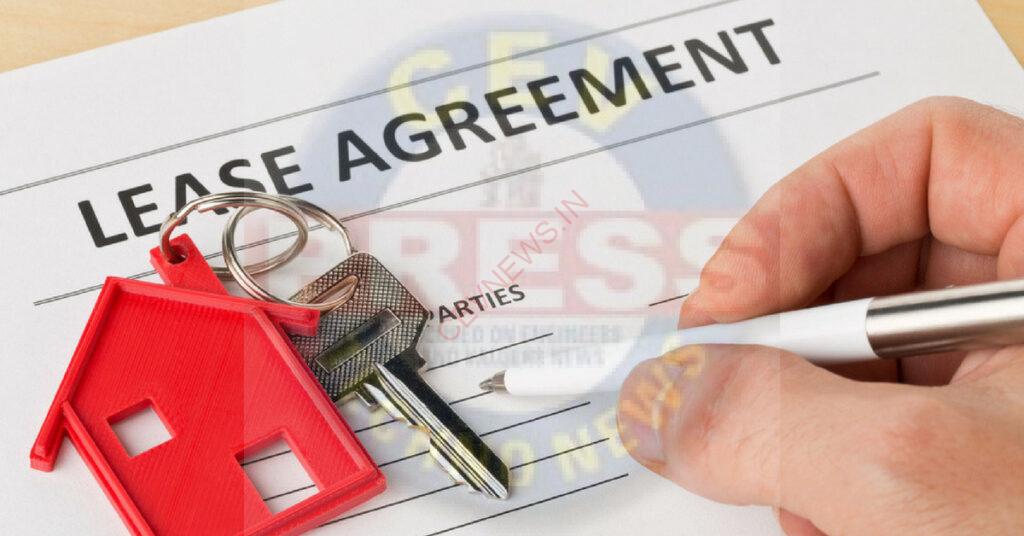DIFFERENCE BETWEEN SALE AND LEASE
DEFINITION OF SALE
A standard sales agreement, also called a purchase contract, are the terms by which two parties–a buyer and seller–agree to transfer ownership of property. The key components are identification of the property, the sales price and the timeline. Before the sale is finalized, the contingencies are also of critical importance. A contingency is something that must occur in order for the contract to become final. Common contingencies include those for a loan, appraisal and inspection. Once the buyer has received an appraisal showing a price equal or above the price, has obtained a loan and has found an inspection acceptable, he releases the contingencies.
DEFINITION LEASE
A lease purchase agreement, also called a rent-to-own contract, is a legally binding contract combining the features of a residential lease with an option to purchase property. Its key components are the property address, monthly rent, a defined option period and a sales price. The option period is the period during which the tenant must exercise his right to buy the property. Once the option period expires, he loses this right. Some sellers choose to leave the properties prices out of the contracts and instead insert descriptions of processes that will be used during the option periods to set the prices. Many lease purchase agreements also include option fees–the nonrefundable fees paid by the tenants to the sellers for the option.
Comparison Table Between Sale and Lease
| Comparison | Sale | Lease |
| Possession | Selling is shifting the ownership to the purchaser. | Leasing holds the owner the same. The purchaser gets a lease from the owner briefly. |
| Expense | Selling includes more expenses as compared to Leasing. | Leasing includes fewer expenses as compared to Selling. |
| Time | Selling is permanent and cannot be turned back. | Leasing is for a temporary period. The possession of the property is not given up. |
| Owner | The ownership of the property is given up entirely. | The ownership of the property stays with the same person. |
| Credit | The buyers can take credit to pay the owners for the property. | The tenants cannot take credit to pay the rent to the landlords. |


